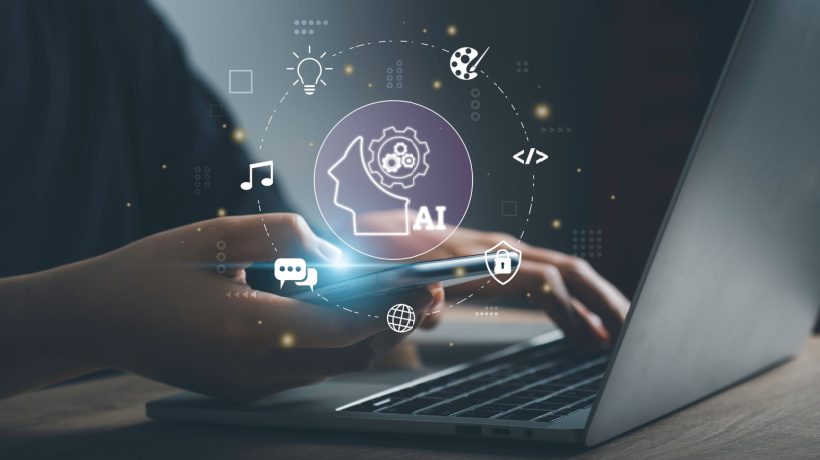Using AI For Personalized Learning
Artificial Intelligence (AI) is a familiar buzzword that we like to use whenever the chance arises. Personalized learning is a way to use AI that focuses on making training fit the needs of each individual student. One way to see what it can do is to look at it through the lens of specialized training.
Personalized learning means that each student’s learning experience is tailored to fit their needs. Personalized learning lets each person’s wants and learning goals be met by changing things like the speed at which they learn, the materials they use, the order in which they learn them, the technologies they use, the quality of the materials, the way they are taught, and the materials they use to learn.
Still, large-scale personalization might not be possible without Artificial Intelligence technology. By using AI for personalized learning, learners can receive training at their own pace and when it’s most convenient for them. AI technology helps predict how people will learn, so you can make material that fits each learner’s goals and past successes. Artificial Intelligence is playing a significant role in personalizing education for every student. By leveraging AI technologies, educators can tailor learning experiences to meet the individual needs, preferences, and learning styles of students.
Ways AI Can Be Utilized To Personalize Education
Adaptive Learning
AI-powered adaptive learning platforms analyze student data, such as their performance, strengths, weaknesses, and learning pace. Based on this information, the system can provide personalized learning pathways for each student, offering appropriate content, resources, and activities that align with their specific needs.
Intelligent Tutoring Systems
AI-driven tutoring systems provide individualized guidance and support to students. These systems can assess student understanding, identify areas of difficulty, and offer targeted explanations, feedback, and practice exercises. They adapt to each student’s progress and adjust the learning material accordingly.
Personalized Recommendations
AI algorithms can analyze vast amounts of data, including a student’s past performance, interests, and goals, to generate personalized recommendations for educational resources, books, articles, videos, and other learning materials. This helps students discover relevant content that matches their specific needs and preferences.
Natural Language Processing
AI-powered natural language processing (NLP) allows for the development of intelligent chatbots and virtual assistants that can interact with students in a conversational manner. These AI assistants can answer questions, provide explanations, offer feedback, and engage in dialogue to enhance the learning experience.
Data-Driven Insights
AI enables educators to gather and analyze large amounts of student data, such as assessment results, engagement levels, and behavior patterns. By extracting meaningful insights from this data, teachers can gain a deeper understanding of individual students and make informed decisions to personalize their learning experiences effectively.
Multimodal Learning
AI technologies facilitate multimodal learning experiences by incorporating various formats, such as text, audio, video, and interactive elements. This allows students to engage with content in ways that suit their learning preferences, making the educational experience more personalized and engaging.
Personalized Assessment and Feedback
AI can automate the assessment process and provide timely, personalized feedback to students. Intelligent grading systems can evaluate assignments, quizzes, and exams, enabling faster feedback delivery. This helps students identify their areas of improvement and provides targeted suggestions for further learning.
Individualized Learning Paths
AI-powered platforms can generate individualized learning paths for students based on their goals, interests, and prior knowledge. By adapting the curriculum and pace to meet the needs of each student, AI ensures that they receive appropriate challenges and support, maximizing their learning outcomes.
It’s important to note that while AI offers tremendous potential for personalizing education, human teachers remain crucial in creating supportive and inspiring learning environments. The combination of AI and human expertise can lead to more effective and personalized education for every student.
Conclusion
AI can be used to keep an eye on other important problems in education. Since there aren’t enough teachers, using AI to make learning more specialized will help fill in some of the gaps in high-quality education. Personalized learning is all about giving the student control over how they want to learn and giving them the chance to learn at their own pace and when it’s most convenient for them. Artificial Intelligence makes it possible for learners to choose the way they want to learn. Also, using AI for targeted learning lets you quickly figure out what skills your students already know. You can also figure out what they want to learn.

